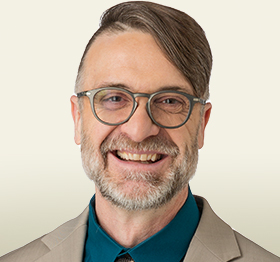For several months in the spring of 2020, clinics and hospitals across the United States temporarily suspended routine cancer screening during the early phase of the COVID outbreak. Patients we’d reminded by mail and phone not to forget their mammograms or colonoscopies or PAP smears were suddenly told to cancel them and sit tight.
Most places have now resumed routine cancer screening, but the pause understandably raised lots of questions:
- “Did the delay put me in danger?”
- “Will there be a spike in advanced cancer cases now?”
- “If this was so important, why was it delayed in the first place?”
A recent article in the Milwaukee Journal Sentinel suggested the delay might have cost us the chance to cure people. But there’s reason to doubt this.
Cancer screening depends on—and only works for—cancers that grow and spread slowly in the early stages. The most common types of breast, colon, lung, and cervical cancer take a few years to become dangerous. This long lead time is the very reason screening is possible. It’s also why it’s hard to see how a 3-6 month screening delay could be enough to allow a significant number of early-stage cancers to become incurable.
Right now you’re probably asking, “don’t some cancers appear more quickly and spread more aggressively than the usual type?”
Yes, there’s an exceptional minority of cancers that can appear and spread rapidly, sometimes within a few months. But screening doesn’t work for these aggressive cancer sub-types, and it never has. Cancer screening was never designed with this tragic minority in mind, since we have so little power to alter their clinical course.
I’m not worried about the brief interruptions in cancer screening we experienced earlier this year, since services have mostly resumed and we’re able to get back on track. I’m more worried that many of us will conclude cancer screening couldn’t have been important in the first place, if we can safely pause it—and that patients won’t reschedule. I fear that public skepticism and reactive rhetoric might interfere with cancer screening long enough to matter.
If we lose the war on cancer over this, it’ll be because we surrendered what cancer screening had already won for us.



